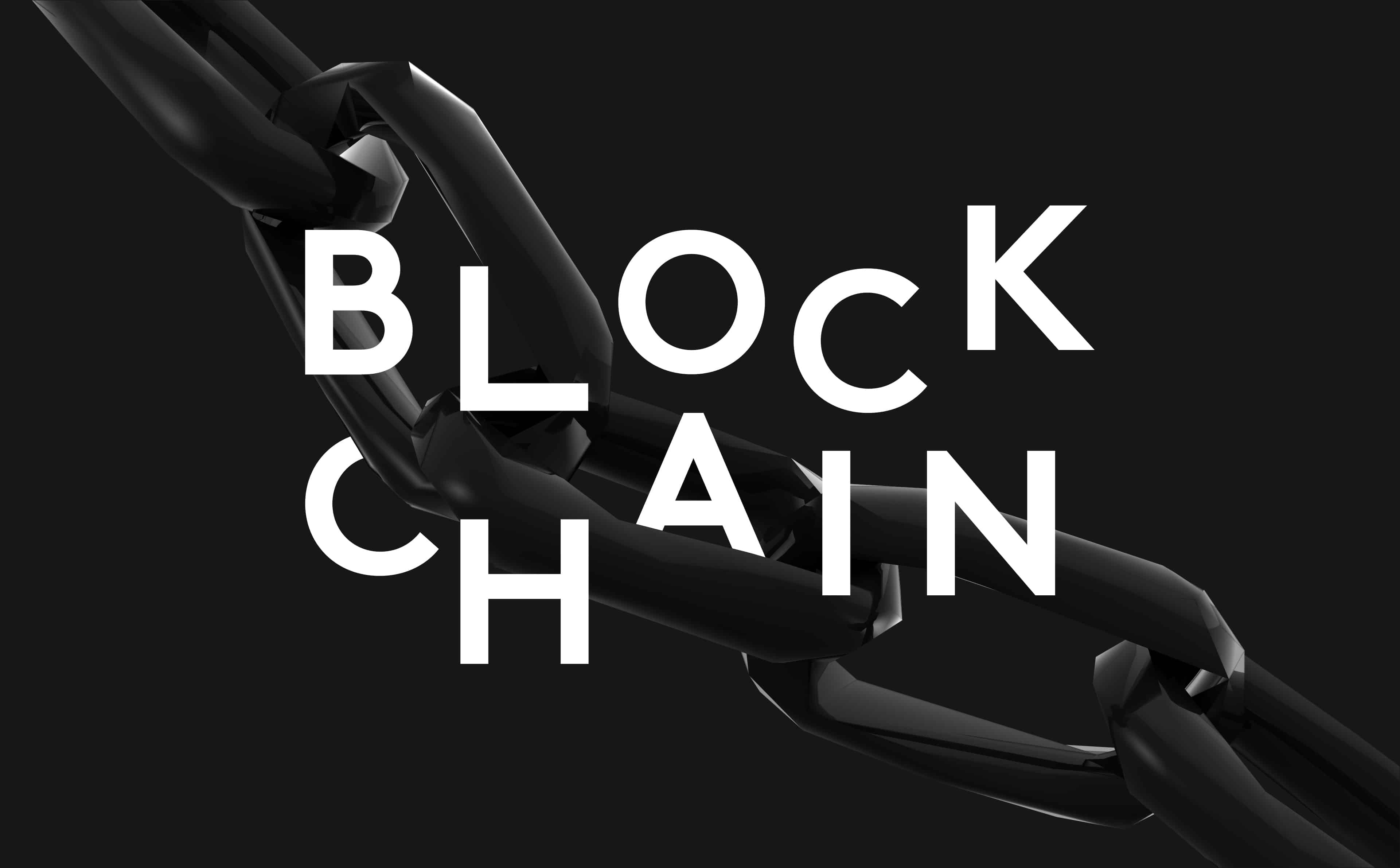The Chinese central government has issued a new policy that outlines ambitions for China to become a global leader in blockchain technology within the next several years.
On 7 June the “Guidance Opinions Concerning Accelerating the Drive for Blockchain Technology Applications and Industry Development” (关于加快推动区块链技术应用和产业发展的指导意见) was jointly issued by the Ministry of Industry and Information Technology (MIIT) and the Cyberspace Administration of China (CAC).
The Guidance Opinions set the goal for the “comprehensive strength of [China’s] blockchain sector achieving advanced global levels by 2025.”
This goal encompasses:
- Achieving initial industry scale.
- Cultivating 3 – 5 “backbone enterprises” that are internationally competitive.
- Cultivating a cohort of leading, international enterprises.
- Creating 3 – 5 blockchain industry development hubs.
- The initial establishment of a blockchain standards system.
By 2030, the Guidance options call for “achieving in-depth integration of the blockchain with the Internet, big data, artificial intelligence and other emerging information technologies, and general usage in various areas.”
“Blockchain is becoming a key support for creating great manufacturing powers and great Internet powers; developing the digital economy, and achieving modernisation of national administrative systems and administrative capability,” said the Opinions.
The Opinions also call for “actively driving application trials” for new blockchain services, products and technology, and “engaging in international exchange and cooperation,” particularly with Belt and Road nations.
In terms of “energising the real economy,” the Opinions call for:
- Deepening integrated application: Using the blockchain to optimise operations procedures, reduce operating costs and establish reliable systems.
- Supply chain management: Driving enterprises to build supply chain management platforms based on the blockchain, that integrate logistics, information flows and flows of funds, in order to raise supply chain efficiency and reduce enterprise operating risks and costs. Using smart contracts and other technology to create new cooperative and productive systems and platforms.
- Product tracing: Using the blockchain to establish tracking systems that cover raw materials vendors, producers, testing organisations and users for products such as food, pharmaceuticals, critical components and equipment manufacturing.
- Information sharing: Using the blockchain to connect data islands, and achieve traceability in the collection, sharing and analysis of data.
The Opinions further call for “upgrading public services” in the following areas:
- Driving application innovation: Driving the application of blockchain technology to digital identification, data evidence collection, municipal administration and other public services areas, in order to support greater transparency, equality and accuracy in public service provision, and raise the the quality of public life.
- Administrative services: Establishing an administrative data sharing platform based on blockchain technology, and driving the cross-departmental and cross-regional joint maintenance and usage of administrative data, for application in public service areas including education, employment, healthcare and public assistance.
- Collection and storage of evidence: Using the blockchain for the digitisation of evidence; establishing new forms of digital collection and storage for judicial evidence, immovable property registration and administrative enforcement. Using the blockchain to improve management of digital copyrights.
- Smart cities: Using the blockchain to expedite the interconnection and orderly flow of factors of production in urban areas when it comes to information, funds, human talent and credit. Deepening the application of the blockchain to the development of information infrastructure, achieving concentrated deployment and sharing between departments and industries, and supporting the creation of smart cities.




